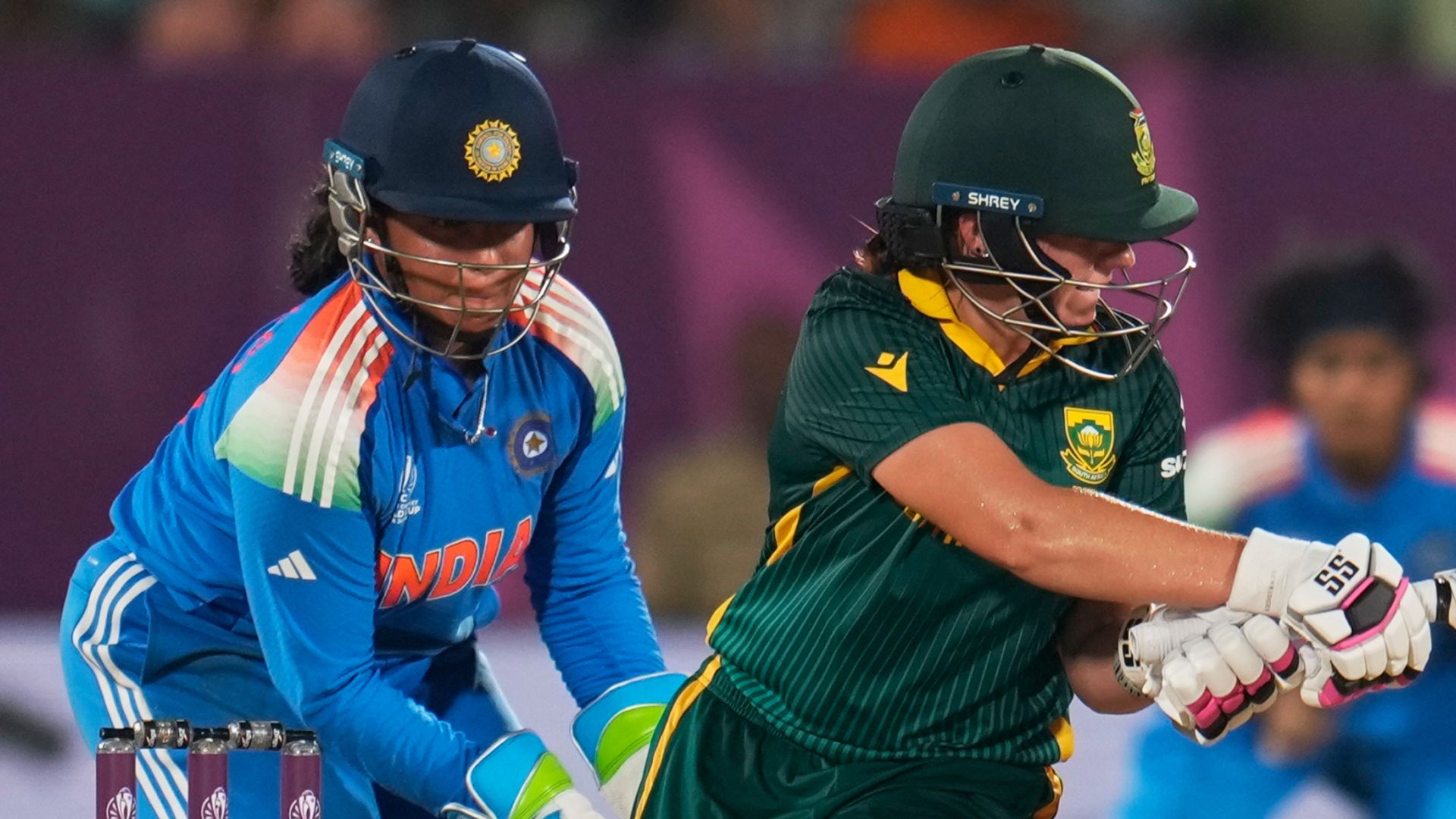West Ham’s Controversial Own Goal Victory: A Modern-Day Parable of Misfortune and Favoritism in Football Politics
In the world of football, few events stir the pot of controversy quite like an own goal. When it happens in a high-stakes match, it can feel less like a mere misstep and more like a betrayal, echoing the deepest frustrations of fans. The recent Premier League clash between West Ham United and Newcastle United witnessed just such a moment, as Sven Botman’s wayward deflection handed the Hammers a crucial lead. This incident not only shifted the game’s momentum but also ignited debates about luck, skill, and the very nature of fair play in professional sports.
West Ham, a club steeped in rich history and a fervent fan base, has often found itself at the crossroads of fortune. Their home ground, the London Stadium, is a fortress where dreams are made and hopes are dashed. The Hammers, known for their passionate supporters and a legacy that stretches back to their founding in 1895, have had their fair share of ups and downs in the Premier League. Yet, this season, they seem to be on an upward trajectory, largely thanks to a blend of tactical discipline and a touch of luck.
Botman’s own goal was not merely a fluke; it was a moment that encapsulated the fine margins that define football. With the game delicately poised, the Newcastle defender’s unintentional contribution raised questions about the psychological pressures players face. In a league that prides itself on competitiveness, one miscalculation can lead to catastrophic consequences. This incident could be seen as a manifestation of the broader narrative in football—where the stakes are incredibly high, and the line between triumph and disaster is often razor-thin.
But what does this mean for Newcastle? The Magpies, revitalized under new ownership, have ambitions that reach beyond immediate results. They aim for European competition and a return to the glory days. Yet, with such aspirations comes the burden of expectation. To lose a match due to an own goal can feel like an indictment of the entire squad, prompting harsh self-reflection and even harsher criticism from the media and fans alike. The psychological impact on Botman will likely be profound; the weight of a single moment can haunt players long after the whistle blows.
On the other hand, West Ham’s fans rejoiced at the unexpected turn of events. For them, this goal not only represented a lead but also symbolized a triumph over adversity. The perception of luck in football is a double-edged sword; while it can foster belief and hope, it can also lead to accusations of unearned advantage. West Ham’s supporters have seen their team endure tough seasons, and moments like this can feel like poetic justice—an acknowledgment that fortune can smile upon the deserving, even when it seems improbable.
Such incidents also reflect the broader themes of power dynamics in football. The debate surrounding financial investment in clubs, especially after Newcastle’s takeover by a consortium, adds another layer of complexity to this narrative. The notion that money can buy success has been hotly contested, yet the reality is that even with substantial financial backing, success on the pitch is never guaranteed. Football’s unpredictable nature is what makes it so engaging, but it is also what fuels the narrative of injustice.
In the aftermath of the match, discussions around VAR (Video Assistant Referee) technology resurfaced, further complicating the conversation. Many argue that VAR is designed to eliminate controversies like own goals; however, the reality is that its implementation has often led to new debates about fairness. Decisions that may appear cut and dry on the surface can unravel into complex discussions about intent, interpretation, and the spirit of the game. For Newcastle, the question remains: could a review have altered the outcome of the game? Fans and pundits alike will engage in heated discussions about the efficacy of technology in the sport, questioning whether it truly contributes to fairness or simply adds another layer of confusion.
Moreover, the media coverage surrounding such events often amplifies the drama. The narrative crafted by journalists can sway public opinion, turning a single moment into a defining story of the season. The framing of Botman’s misfortune as a pivotal moment not only affects the players involved but also shapes the overarching storylines of both clubs. While West Ham celebrates their slice of luck, Newcastle may find themselves grappling with the repercussions of a narrative that portrays them as vulnerable, despite an investment that suggests otherwise.
As the Premier League continues, the ghost of Botman’s own goal will linger in the minds of players and fans alike. This incident serves as a poignant reminder that in football, as in life, the unexpected can often define us. Whether it’s a moment of brilliance or a slip into misfortune, the unpredictability of the game is what keeps fans coming back for more. As discussions surrounding fairness and luck persist, one thing remains clear: the beautiful game is as divisive as ever, drawing lines between fortune and skill, success and failure, all while keeping its community in a perpetual state of anticipation.




